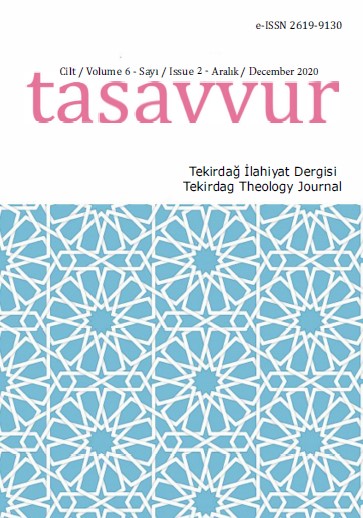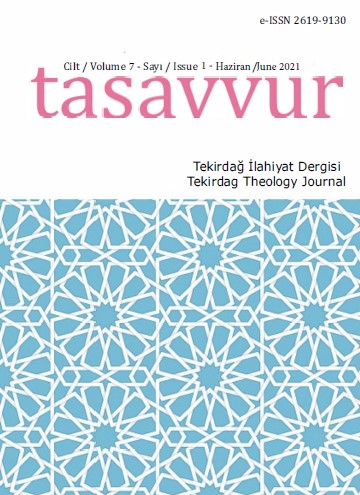
Kur’ân’ı Anlamaya Dair
The Qur’an, the last link of the divine revelations, has been revealed to rescue the humanity from any kind of polytheism, blasphemy, discord and persecution. The Qur’an has presented itself to the humanity as a new civilisation thought concept. Therefore, the Qur’an desires its believers to recite, understand and embrace it as a guide for their lives. Muslims cannot perform this guidance by only pronouncing it. Muslims have to contemplate both the Qur’anic verses in their hands and the signs in the universe around them and they face every day. No doubt it is not possible for us to create the civilisation level and faithful personalities which the Qur’an desires by today’s the Qur’an teaching method. In this article, it has been tried to present both how our relationships with the Qur’an should be and the basis of change and transformation on the social meaning.
More...
